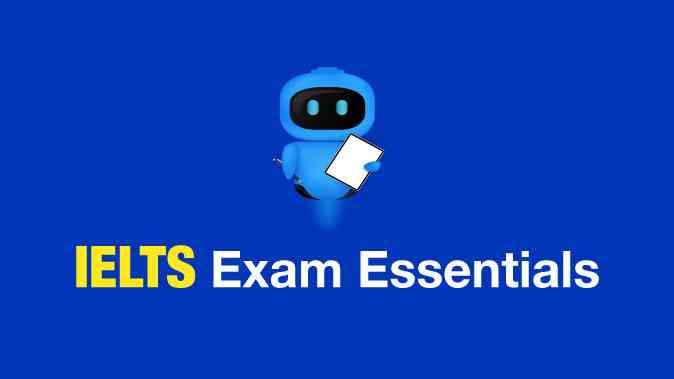What is the IELTS Exam?


The IELTS Exam, administered by the British Council, serves as an international benchmark for assessing English language proficiency, particularly for individuals aiming to work or study in the United Kingdom. The test comprises two variants – IELTS General and IELTS Academic. It is available in both paper-based and computer-based formats, encompassing four integral sections: Reading, Writing, Speaking, and Listening.
The IELTS Academic Reading Test challenges candidates with three extensive texts resembling those found in undergraduate or postgraduate materials. This 60-minute test requires test takers to answer 40 questions, evaluating their ability to skim and identify relevant details, comprehend logical arguments, and discern the purpose and opinions expressed.
Moving to the IELTS Writing Test, candidates navigate Task 1 by describing and explaining data from a given graph, table, chart, or diagram. Task 2 prompts them to construct an essay responding to a provided argument or problem. Effective preparation involves utilizing practice tests and seeking answer sheets online to familiarize oneself with question formats and response strategies.
Shifting focus to the IELTS Speaking Test, it assesses candidates through a three-part real-life conversation. Part 1 involves general questions about studies and interests, while Part 2 requires candidates to speak for 1-2 minutes on a given subject, with one minute for preparation. Part 3 involves examiner-led questions based on the candidate's responses. Practice in English speaking, including engagement with movies, aids both test preparation and overall language improvement.
In the IELTS Listening Test, candidates encounter four recordings, each followed by related questions. Recordings vary from casual conversations to monologues in social or educational contexts, assessing the ability to extract information swiftly. Engaging with audio sources such as radio or music assists in refining listening skills crucial for the test.
The IELTS Academic Test, designed for professional settings, necessitates a solid understanding of the test format and thorough exam preparation. Maintaining composure during the test is equally crucial, emphasizing the importance of focus and concentration over unnecessary stress. Test-takers can approach the exam with confidence, armed with comprehensive knowledge and effective preparation strategies.
You don't have to struggle alone, you've got our assistance and help.